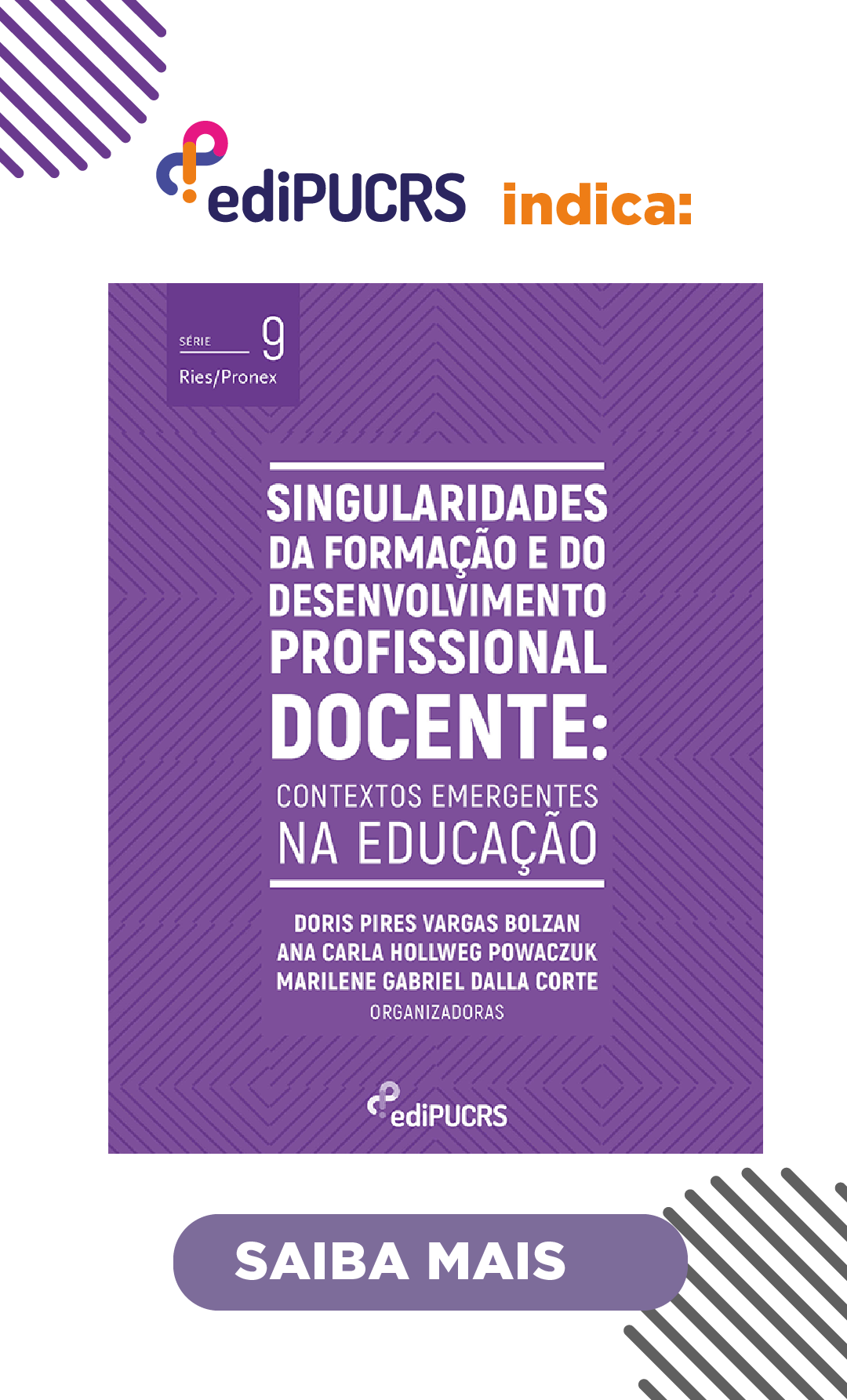Discursive Textual Analysis in practice
reflections on the five main questions of students
DOI:
https://doi.org/10.15448/2179-8435.2023.1.45075Keywords:
Discursive Textual Analysis, Reflexive practice, Student’s questionAbstract
The essay presents reflections upon the method of Discursive Textual Analysis by means of ordinary questions made by academics in classes taught by the authors of the text. There are five highlighted main questions made by the students involved in the analytic method in different formative levels. They are i) I want to use Discursive Textual Analysis… How do I begin?; ii) From the same corpus of analysis could different researchers obtain the same results and conclusions?; iii) Which are the validation criteria employed in Discursive Textual Analysis?; iv) What are the unifying arguments in Discursive Textual Analysis?; and last v) What does the self-organized process in Discursive Textual Analysis mean? The central argument, which organizes the text, is “frequent students’ questions, from different formative levels, asked during classes unleash a collective study movement, dialogic and reflexive, which could conduct to an understanding gradually profound of the analytic process at hand in face of the Discursive Textual Analysis”. The strategy of the writing of the text is to leave it open to other questions expecting that the continuity of the study could enhance new understandings and, why not, new doubts about the Discursive Textual Analysis.
Downloads
References
ANDRÉ, M. Pesquisa em Educação: buscando rigor e qualidade. Cadernos de Pesquisa, São Paulo, n. 113, p. 51-64, 2001. Disponível em: https://publicacoes.fcc.org.br/cp/article/view/599. Acesso em: 15 dez. 2023. DOI: https://doi.org/10.1590/S0100-15742001000200003
BARTELMEBS, R. C. Mas o que eu sei? O movimento da aprendizagem da escrita acadêmica a partir da análise textual discursiva. Revista Pesquisa Qualitativa, [s. l.], v. 8, n. 19, p. 1010-1020, 2020. Disponível em: https://editora.sepq.org.br/rpq/article/view/356. Acesso em: 15 dez. 2023. DOI: https://doi.org/10.33361/RPQ.2020.v.8.n.19.356
BRESOLIN, K. Por que perguntar? In: NODARI, P. C. Por quê? A arte de perguntar. São Paulo: Paulinas, 2011. p. 9-25.
CALIXTO, V. S. Reflexões acerca do desenvolvimento da autoria no exercício de escrita envolvido na análise textual discursiva: um horizonte compreensivo. Revista Pesquisa Qualitativa, [s. l.], v. 8, n. 19, p. 835-862, 2020. Disponível em: https://editora.sepq.org.br/rpq/article/view/353. Acesso em: 15 dez. 2023. DOI: https://doi.org/10.33361/RPQ.2020.v.8.n.19.353
CRESWELL, J. W. Projeto de pesquisa: métodos qualitativos, quantitativos e mistos. 3. ed. Porto Alegre: Artmed, 2007.
DENZIN, N. K. The Research Act: A Theoretical Introduction to Sociological Methods. Englewood Cliffs: Prentice Hall, 1989.
FLICK, U. Qualidade na pesquisa qualitativa. Porto Alegre: Artmed, 2009.
GALIAZZI, M. C.; SOUSA, R. S. A dialética na categorização da análise textual discursiva: o movimento recursivo entre palavra e conceito. Revista Pesquisa Qualitativa, [s. l.], v. 7, n. 13, p. 1-22, 2019. Disponível em: https://editora.sepq.org.br/rpq/article/view/227. Acesso em: 15 dez. 2023. DOI: https://doi.org/10.33361/RPQ.2019.v.7.n.13.227
GALLE, L. A. V.; PAULETTI, F.; RAMOS, M. G. Pesquisa em sala de aula: os interesses dos estudantes manifestados por meio de perguntas sobre a queima da vela. Acta Scientiae, Canoas, v. 18, n. 2, p. 498-516, 2016. Disponível em: https://meriva.pucrs.br/dspace/bitstream/10923/12088/2/Pesquisa_em_Sala_de_Aula_os_interesses_dos_estudantes_manifestados_por_meio_de_perguntas_sobre_a_queima_da_vela.pdf. Acesso em: 15 dez. 2023.
GUBA, E. G.; LINCOLN, Y. S. Competing paradigms in qualitative research. In: DENZIN, N. K.; LINCOLN, Y. S. Handbook of qualitative research. Thousand Oaks: Sage Publications, 1994. p. 105-117.
LINCOLN, Y. S.; GUBA, E. G. Naturalistic Inquiry. Thousand Oaks: Sage Publications, 1985. DOI: https://doi.org/10.1016/0147-1767(85)90062-8
MORAES, R.; GALIAZZI, M. C. Análise Textual Discursiva. Ijuí: UNIJUÍ, 2007.
NODARI, P. C. Por quê? A arte de perguntar. São Paulo: Paulinas, 2011.
SOUSA, R. S. O texto na análise textual discursiva: uma leitura hermenêutica da “tempestade de luz”. Revista Pesquisa Qualitativa, [s. l.], v. 8, n. 19, p. 641-660, 2020. Disponível em: https://editora.sepq.org.br/rpq/article/view/363. Acesso em: 15 dez. 2023. DOI: https://doi.org/10.33361/RPQ.2020.v.8.n.19.363
SOUSA, R.S.; GALIAZZI, M. do C. Compreensões Acerca da Hermenêutica na Análise Textual Discursiva: Marcas Teórico-Metodológicas à Investigação. Contexto & Educação, [s. l.], v. 31, n. 100, p. 33-55, abr. 2016. Disponível em: https://www.revistas.unijui.edu.br/index.php/contextoeducacao/article/view/6395. Acesso em: 15 dez. 2023. DOI: https://doi.org/10.21527/2179-1309.2016.100.33-55
Downloads
Published
How to Cite
Issue
Section
License
Copyright (c) 2023 Educação Por Escrito

This work is licensed under a Creative Commons Attribution 4.0 International License.
Copyright
The submission of originals to Educação Por Escrito implies the transfer by the authors of the right for publication. Authors retain copyright and grant the journal right of first publication. If the authors wish to include the same data into another publication, they must cite Educação Por Escrito as the site of original publication.
Creative Commons License
Except where otherwise specified, material published in this journal is licensed under a Creative Commons Attribution 4.0 International license, which allows unrestricted use, distribution and reproduction in any medium, provided the original publication is correctly cited.





